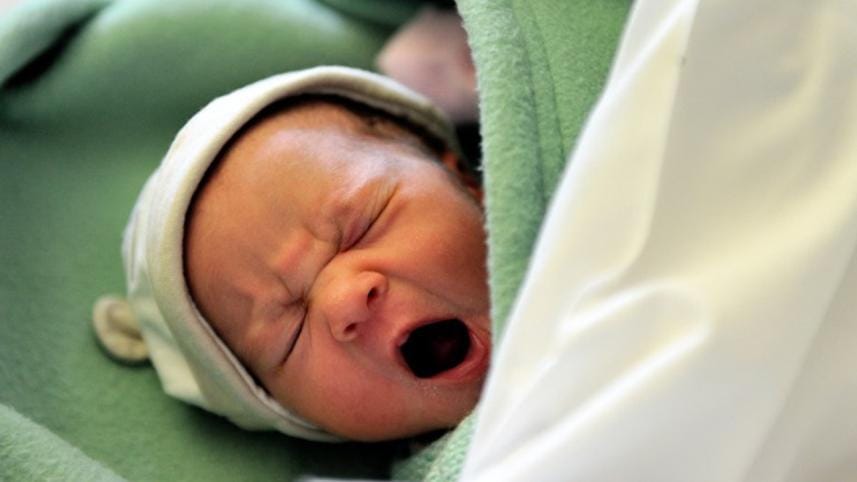UK dads can now avail of 25 weeks paternity leave

New rights to allow parents to share leave following the birth or adoption of their child have come into effect.
Aside from an initial two weeks of maternity leave for the mother, up to 50 weeks of leave and 37 weeks of pay can be shared between parents.
The rules mean that parents can also take time off at the same time to look after a newborn.
The Institute of Directors has previously warned the new law could create a "nightmare" for employers.
The changes were pushed for by the Liberal Democrats whilst in coalition government.
How it works
--Shared parental leave is open to parents whose baby is due, or who have a child matched or placed for adoption, on or after 5 April 2015.
--It must be taken between the baby's birth and first birthday, or within one year of adoption.
--Eligible parents can share up to 50 weeks of leave and 37 weeks of pay, after an initial two weeks of leave that is compulsory for the mother to take.
--Shared parental leave can be taken in one block, or split into blocks with periods of work in between.
--Statutory shared parental pay is paid at £139.58 per week or 90% of your average weekly earnings, whichever is lower.
About 285,000 working couples would be eligible to share leave under the new rules, the government has said.
The pattern of leave must be agreed between the employee and employer with eight weeks' notice.
Previously, fathers were entitled to one or two weeks paid ordinary paternity leave, or up to 26 weeks' paid additional paternity leave - but only if the mother or co-adopter returned to work.
Deputy Prime Minister Nick Clegg has said the rights would allow men to become more hands-on fathers and stop women feeling they have to choose between a career or a baby.
[twitter]
Reforms to paternity leave will end the stereotype of "hapless or bumbling" fathers, the Liberal Democrats say. http://t.co/FeMecWJ57z
— BBC Politics (@BBCPolitics) April 1, 2015[/twitter]
Clegg said: "To build a fairer society, the Liberal Democrats want to tear down the barriers that stop people reaching their full potential.
"For too long, mums have been told their place is at home with their child, while dads return to work. I want parents to choose for themselves how to balance work and family."
'Unwieldy system'
When the changes were announced in 2013, the Institute of Directors business group said the plan was a "nightmare" that would "heap yet more burdens on struggling employers".
Deputy director of policy Alexander Ehmann said: "The proposed system is considerably more complex and unwieldy than the current laws and employers will - once again - have to absorb the cost of adapting and implementing this new system."
Children's charity Barnardo's warned that the legislation relied on the support of businesses or it could quickly "run into the sand".
It believes the new measures will allow low-paid working families, where the mother is the higher earner, the opportunity to provide parental support for their child without worrying about losing their jobs.
Others, including campaign group Maternity Action and the TUC, welcomed the change as a "step in the right direction".
Conciliation service Acas, which has drawn up a guide to the rules, said that employers and employees should be aware of the new rights.
Parental leave is a devolved issue in Northern Ireland but the Northern Ireland Assembly passed a bill offering parents the same rights as in England, Wales and Northern Ireland.



 For all latest news, follow The Daily Star's Google News channel.
For all latest news, follow The Daily Star's Google News channel.
Comments